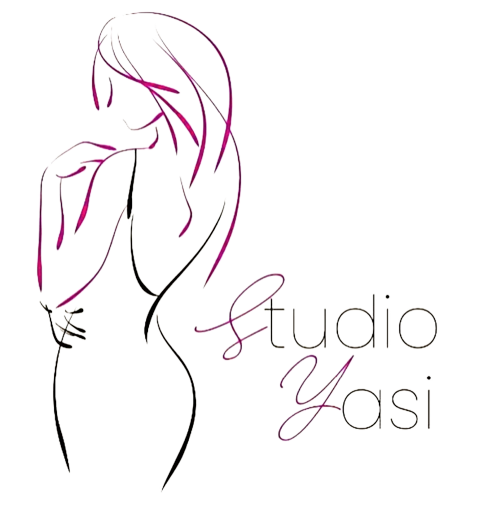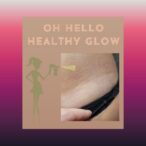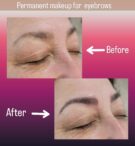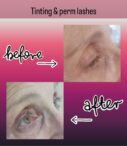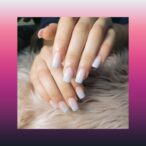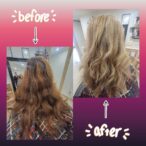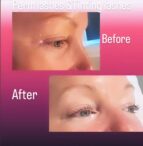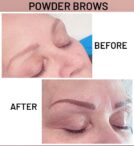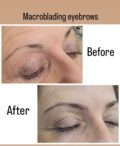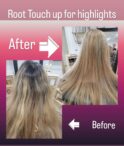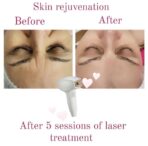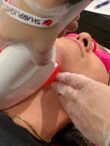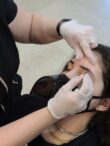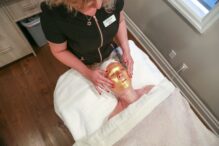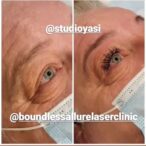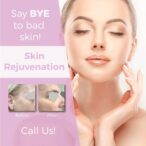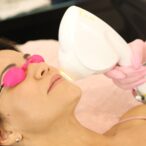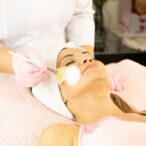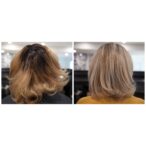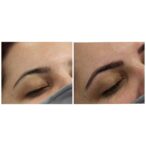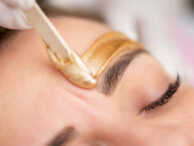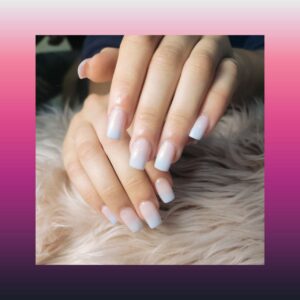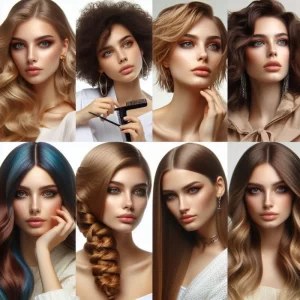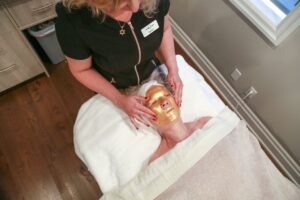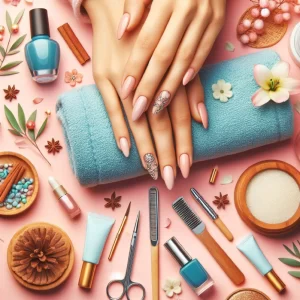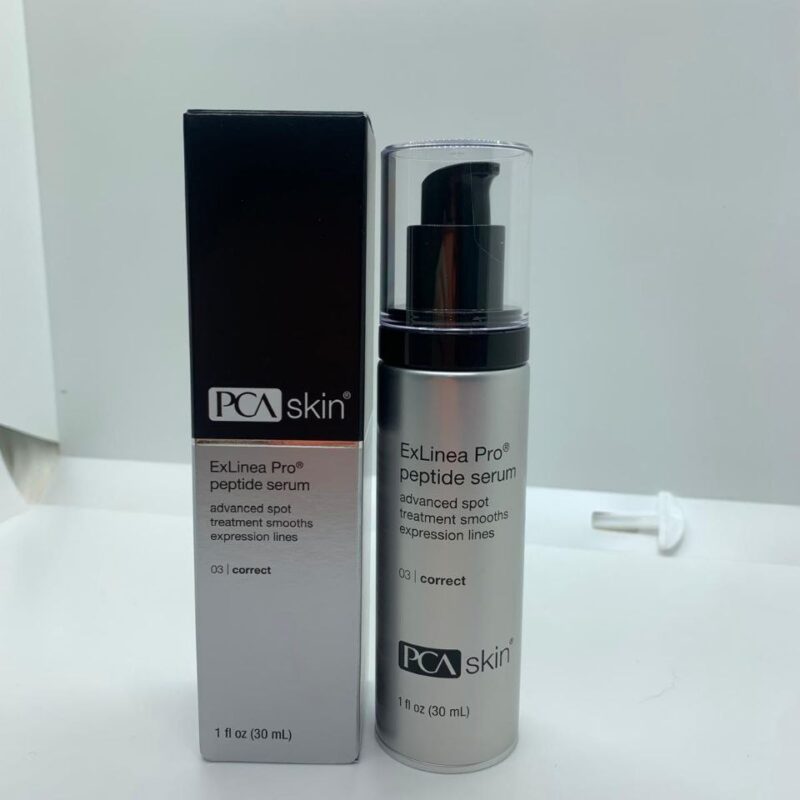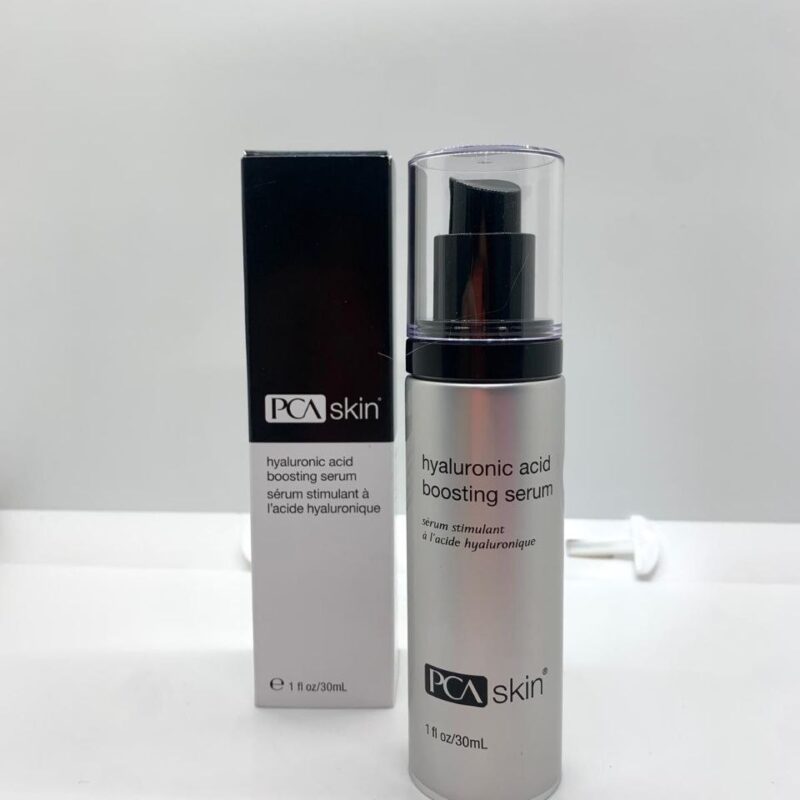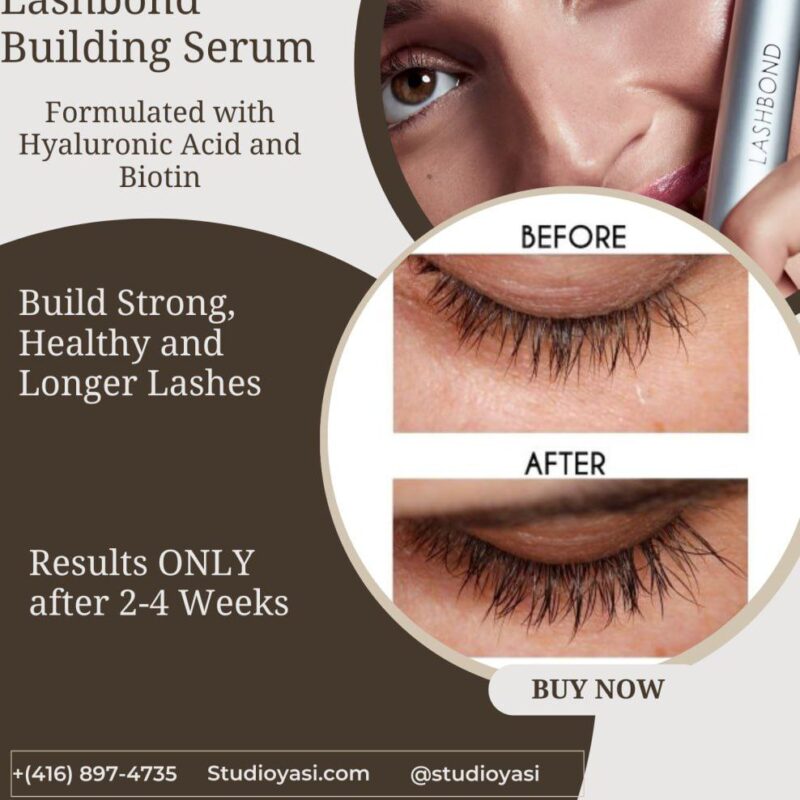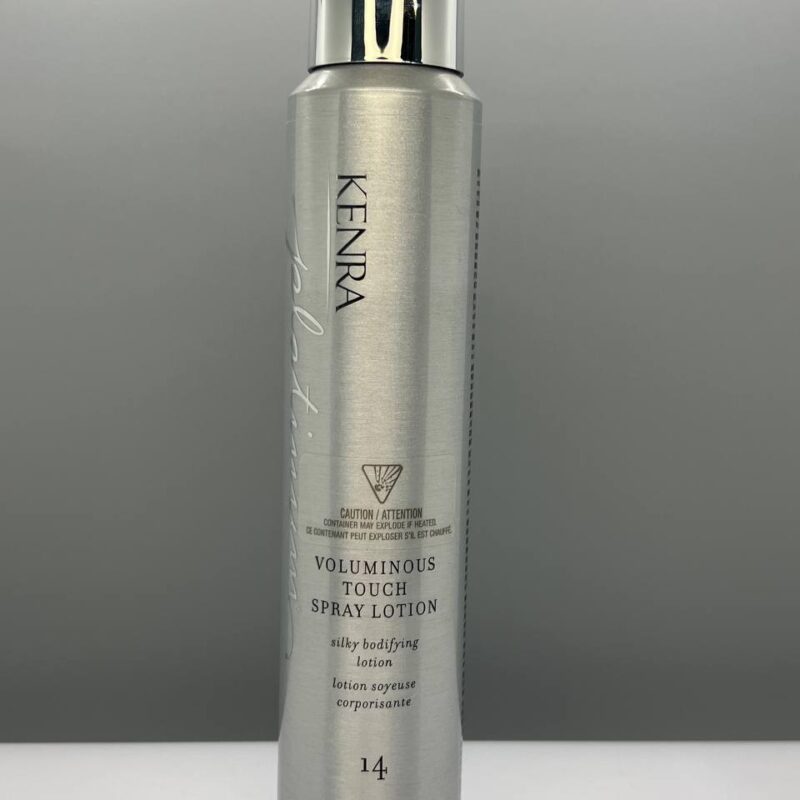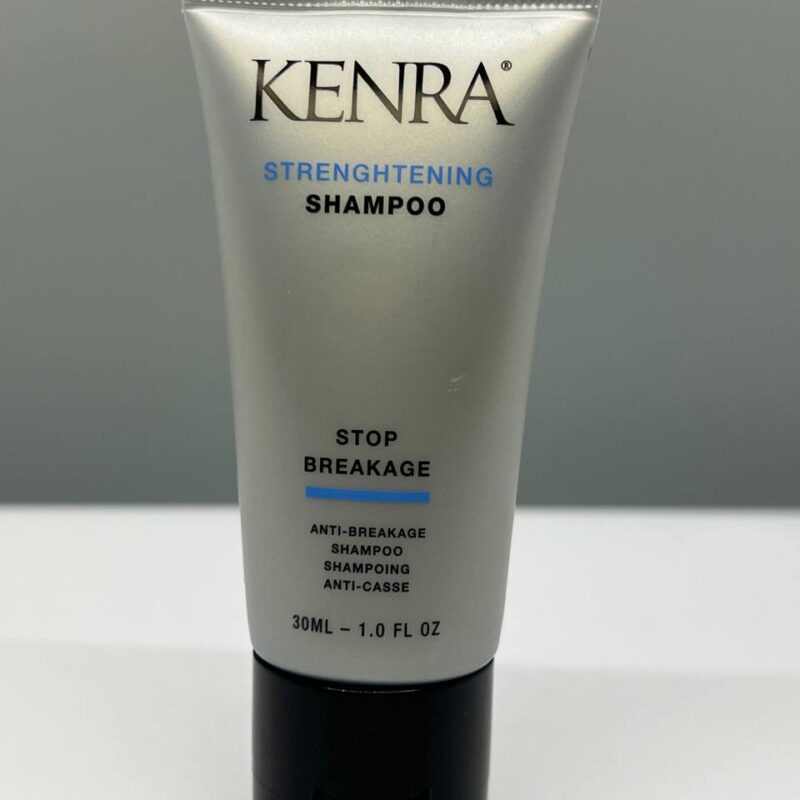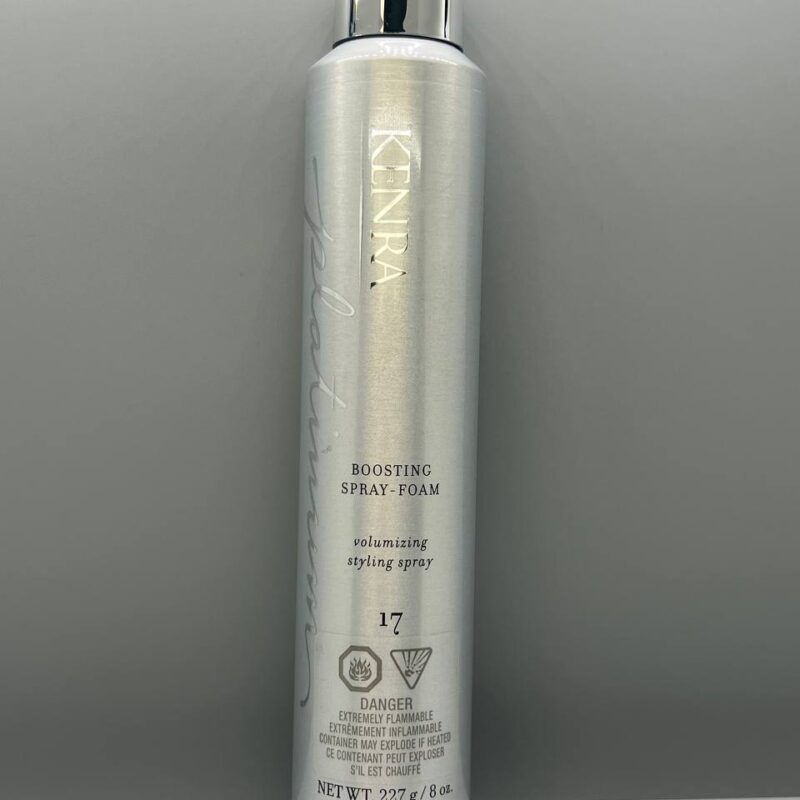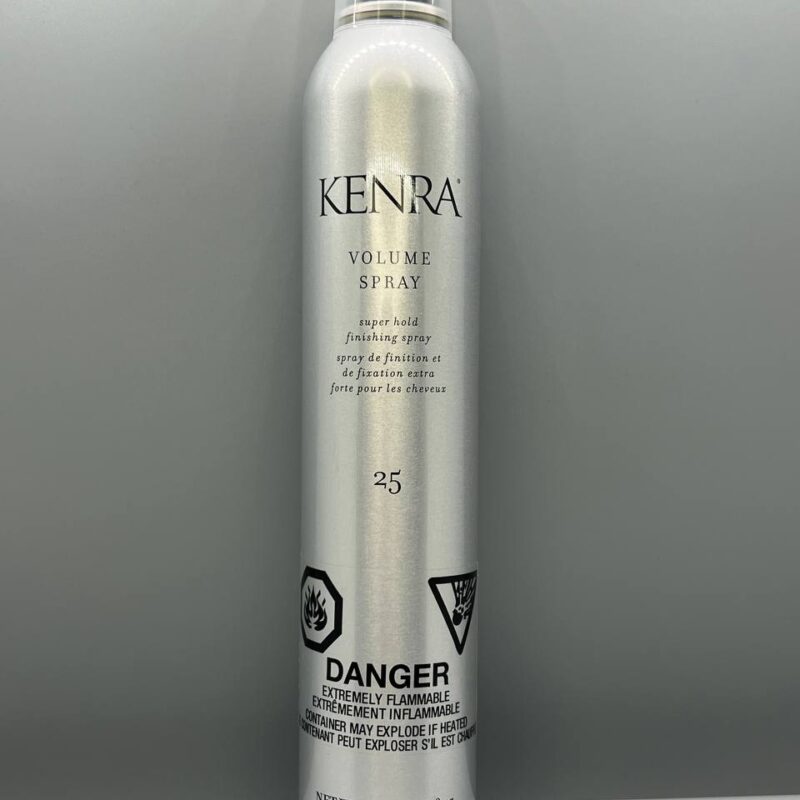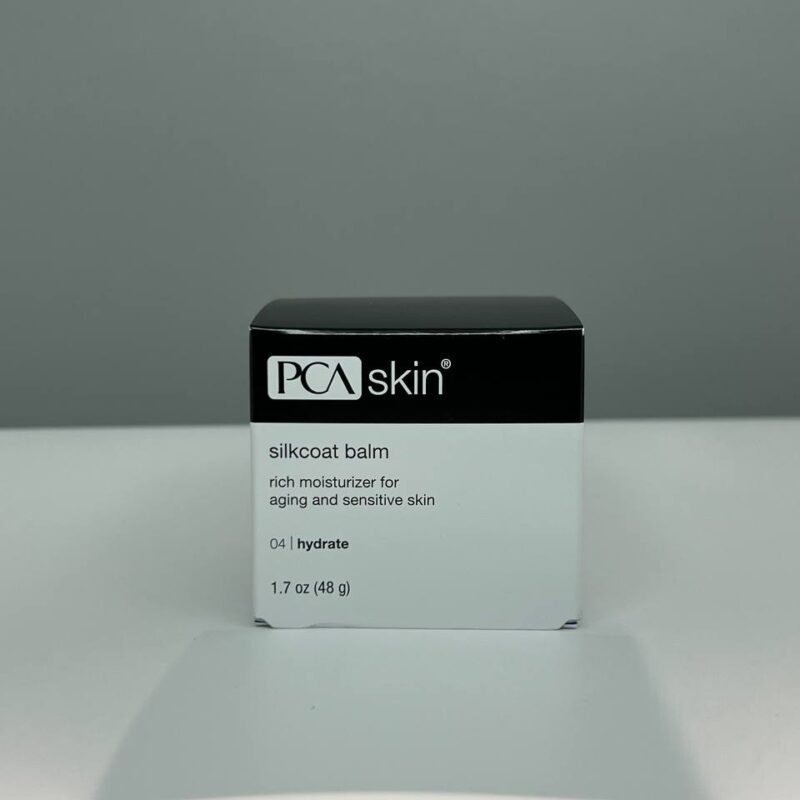Caring for dry hair involves adopting a consistent and nurturing hair care routine to restore moisture, manage frizz, and promote overall hair health. Dry hair is often characterized by a lack of natural oils, resulting in a brittle and dull appearance. Individuals can implement various strategies and products to hydrate and revitalize their hair to address this.
Effective care for dry hair typically includes:
- Using moisturizing shampoos and conditioners.
- Avoiding excessive heat styling.
- Minimizing exposure to harsh environmental factors.
Additionally, incorporating nourishing hair masks, oils, or serums into the routine can provide extra hydration and help improve the texture of dry hair.
How to treat dehydrated and damaged hair
Dehydrated and damaged hair can be a real pain, making it look dull, frizzy, and prone to breakage. But don’t worry; you can do many things to treat and prevent this common problem.
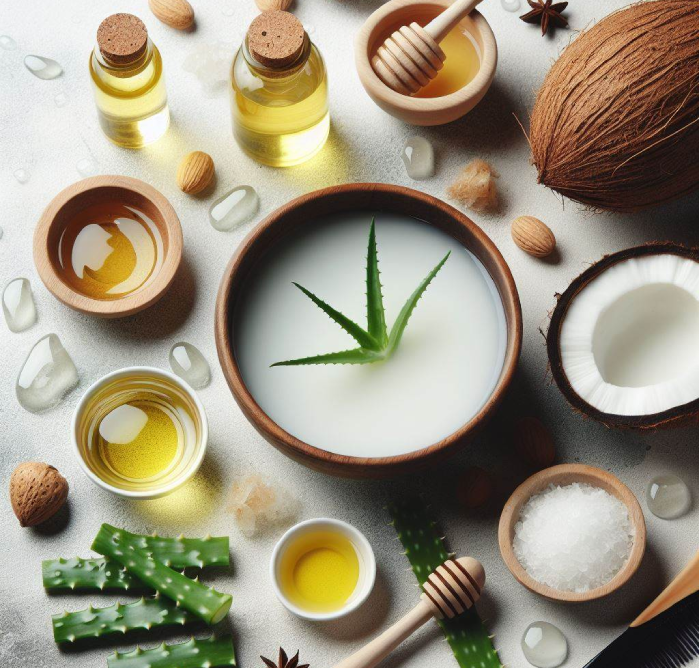
Here are some of the best ways to treat dehydrated and damaged hair:
- Use a hydrating shampoo and conditioner: Look for products specifically formulated for dry or damaged hair. They will typically contain ingredients like coconut oil, shea butter, or aloe vera, which can help to replenish moisture and restore shine.
- Deep condition regularly: When your hair needs a moisture boost, deep conditioning treatments provide a supercharged dose of hydration. They can help repair damaged hair and prevent breakage. Try deep conditioning your hair once a week or more often if it’s dry or damaged.
- Avoid heat styling: Heat styling tools like blow dryers, curling irons, and flat irons can damage your hair by stripping it of its natural oils. If you must use heat styling tools, use a heat protectant spray first.
- Let your hair air dry whenever possible: Air drying is the best way to protect your hair from heat damage. If you must blow dry your hair, use a low heat setting and blow dry it on cool air for the last few minutes.
- Protect your hair from the sun: The UV rays can also damage it, making it dry and brittle. Wear a hat or use a leave-in conditioner with SPF to protect your hair from the sun.
- Use a silk or satin pillowcase: Sleeping on a cotton pillowcase can cause friction, damaging your hair. Switch to a silk or satin pillowcase to help prevent breakage and frizz.
- Trim split ends regularly: Split ends are the first sign of damage and can make your hair look unhealthy. Have your hair trimmed every 6-8 weeks to remove split ends before they travel up the hair shaft and cause more damage.
Check out simple ways to remove unwanted hairs

Simple tips to take care of dry hair
Maintaining healthy hair requires regular care and mindful practices. Here are some tips to keep your dry hair hydrated:
1. Get a trim
Regular trims are essential for maintaining healthy hair, especially if you are prone to dryness or damage. Trimming split ends prevents them from traveling further up the hair shaft and causing further damage, helping to keep your hair looking and feeling its best. Here are some additional reasons why you should get a trim:
- It removes split ends: Split ends are the first sign of hair damage. They are caused by dryness, heat styling, and chemical treatments. Once a divided end occurs, it cannot be repaired and will continue to split further down the hair shaft. Trimming split ends prevents them from traveling further up the hair shaft and damaging the rest of your hair.
- It encourages healthy hair growth: Hair is likelier to break when split ends are present. This can make it difficult for your hair to grow long and healthy. Regular trims remove split ends and encourage healthy hair growth.
- It makes your hair look and feel healthier: Trimmed hair looks and feels healthier than hair with split ends. It is smoother, shinier, and less prone to breakage.
The frequency with which you should get a trim depends on your hair type and how quickly it grows. However, most people should get a trim every 6-8 weeks. If you are prone to dryness or damage, you may need to get a trim more often. Here are some signs that you may need a trim:
- Your hair is curly and dry: This is a sign that your hair is dehydrated and damaged. A trim can help to remove split ends and encourage moisture retention.
- Your hair is breaking easily: This is another sign of damage. A trim can help to remove weak and damaged hair and prevent further breakage.
- Your ends look ragged or uneven. This is a clear sign that you need a trim. Trimming off the damaged ends will help your hair look and feel healthier.

2. Take vitamins
While vitamins are essential for overall health, they are not a substitute for a healthy diet. Eating a balanced diet with plenty of fruits, vegetables, and whole grains can give your body the nutrients it needs to support healthy hair growth. However, if you are concerned about insufficient specific vitamins, consider taking a multivitamin or a specific vitamin supplement. Some vitamins that are particularly important for hair health include:
- Biotin: Biotin is a B vitamin essential for hair growth. It helps promote cell division and keratin production, which is necessary for healthy hair.
- Iron: Iron is vital for carrying oxygen to hair follicles. Without enough iron, hair can become dry, brittle, and prone to breakage.
- Vitamin C: Vitamin C, a protein that helps give hair its strength and structure, is important for collagen production.
- Zinc: Zinc is essential for cell growth and repair. It can also help to protect your hair from damage caused by free radicals.
If you are considering taking a vitamin supplement, talk to your doctor to ensure it is correct. They can help you determine which supplements are right for you and how much you should take. Here are some additional tips for taking vitamins to support healthy hair growth:
- Take your vitamins with food. This way will help to improve absorption.
- Drink plenty of water. Water helps to transport vitamins throughout your body.
- Store your vitamins in a cool, dry place. Heat and moisture can break down vitamins.
3. Provide both nutrition and hydration.
Healthy hair requires both nutrition and hydration to thrive. Proper nutrition provides the essential building blocks for hair growth and strength, while hydration ensures that hair is supple and resilient. Here’s how to provide both nutrition and hydration for your hair:
Nutrition for Healthy Hair
- Consume a Healthy Diet: Include plenty of fruits, vegetables, whole grains, and lean proteins. These provide the essential vitamins, minerals, and amino acids that support hair growth and overall health.
- Focus on Nutrient-Rich Hair Foods: Certain foods are beneficial for hair health. These include biotin-rich foods like eggs, nuts, and seeds; iron-rich foods like red meat, poultry, and beans; zinc-rich foods like oysters, pumpkin seeds, and lentils; and omega-3 fatty acid-rich foods like salmon, tuna, and walnuts.
- Consider Supplementation: If you have concerns about your nutrient intake, consult your doctor or a registered dietitian about taking supplements. Biotin, iron, zinc, and omega-3 fatty acids are commonly recommended supplements for hair health.

Hydration for Healthy Hair
- Drink Plenty of Water: Water is essential for overall and hair health. Aim to drink around eight glasses of water daily to keep your hair hydrated from the inside out.
- Moisturize Regularly: Use a moisturizing shampoo and conditioner specifically formulated for your hair type. Apply a leave-in conditioner or hair oil to keep your hair hydrated throughout the day.
- Deep condition Occasionally: Deep conditioning treatments provide a deep infusion of moisture, helping to repair damage and restore elasticity. Deep condition your hair once or twice a month or more often if needed.
- Minimize Heat Styling: Excessive heat styling can damage hair’s cuticle, leading to dryness and breakage. Use heat protectant spray before heat styling and keep the heat settings low.
- Avoid Harsh Detergents: Harsh detergents and sulfates can strip away natural oils, leaving hair dry and brittle. Choose shampoos and conditioners that are sulfate-free and mild on hair.
- Protect from Sun and Chlorine: The sun’s harsh chemicals and UV rays can further dry out hair. Wear a hat or scarf when spending time in the sun, and avoid swimming in chlorinated pools if possible.
- Protect from Damage-Causing Habits: Avoid excessive brushing, rough towel drying, and tight hairstyles that stress hair strands.
4. Avoid Warm Hair Baths
While warm baths can be relaxing and enjoyable, they can harm your hair’s health. The water’s high heat can strip away the natural oils from your scalp and hair, leaving it dry, brittle, and prone to breakage. This is because hot water can damage the hair’s cuticle, which is the outermost layer of the hair shaft. The cuticle is a protective barrier, preventing moisture from escaping the hair shaft. When the cuticle is damaged, moisture is more easily lost, leading to dryness and damage.
In addition to the damage caused by hot water, warm baths can also increase the likelihood of hair breakage. This is because warm water makes hair more pliable and easily stretched or broken. When you shampoo your hair in a warm bath, you pull the hair shafts, making them more prone to breakage.
If you must take a hot bath, keep the water as cool as possible. To help protect your hair from the heat, apply a leave-in conditioner or hair oil before and after bathing. Here are some additional tips for protecting your hair from warm baths:
- Use cold water to rinse your hair: Cold water helps close the cuticles and seal them in moisture, protecting your hair from damage.
- Use a mild shampoo: Harsh shampoos can further damage your hair. Use a mild shampoo that is specifically formulated for your hair type.
- Avoid brushing your hair when wet: Wet hair is more fragile than dry hair. Please wait until your hair is dehydrated before touching it.
- Use a wide-tooth comb: A wide-tooth comb will help to prevent breakage.

5. Add omega-3s and antioxidants to your diet.
Consuming omega-3s and antioxidants is essential for maintaining healthy hair. Omega-3 fatty acids are necessary for cell growth and repair, and they can help to reduce inflammation, which can damage hair follicles. Antioxidants help to protect hair from damage caused by free radicals, which are unstable molecules that can damage cells. omega-3 also use in night skincare regimen and make it more fresh.
Here are some of the best sources of omega-3s and antioxidants for hair health:
Omega-3s:
- Fish: Salmon, tuna, mackerel, sardines, herring
- Nuts and seeds: Flaxseeds, chia seeds, walnuts
- Soy products: Edamame, tofu, tempeh
Antioxidants:
- Fruits: Berries, citrus fruits, apples, avocados
- Vegetables: Broccoli, spinach, kale, carrots
- Legumes: Beans, lentils, peas
6. Avoid washing your hair every day.
Excessive shampooing can strip away the natural oils that your hair produces, leading to dryness and breakage. Washing your hair day-to-day can also irritate your scalp, making it more prone to dandruff and other conditions.
The ideal frequency for washing your hair depends on your hair and scalp types. People with oily hair may need to wash their hair more often than people with dry hair. However, most people can get away with washing their hair every other day or even less frequently.
Introducing 10 of Summer 2024’s Hairstyle Trends
7. Wrap your hair instead of air-drying
Whether you have straight, curly, wavy, or any other hair type, wrapping your hair after washing can help to protect it from damage and promote healthy hair growth. Here are some of the benefits of wrapping your hair instead of air-drying:
- Reduces breakage: When you air-dry your hair, the heat and friction from the towel can cause breakage, especially if your hair is wet. Wrapping your hair in a towel or turban helps to absorb moisture without causing damage.
- Prevents frizz: Frizz occurs when the hair shaft dries unevenly. Wrapping your hair helps distribute moisture evenly, which can help prevent frizz.
- Protects the cuticle: The cuticle is the outermost layer of the hair shaft, protecting the hair from damage. Wrapping your hair helps to keep the cuticle closed, which can help prevent damage from heat, UV rays, and other environmental factors.
- Promotes healthy hair growth: Healthy hair starts at the scalp. Wrapping your hair after washing helps keep the scalp clean and protected, promoting healthy hair growth.
Here are some tips for wrapping your hair:
- Use a microfiber towel: Microfiber towels are gentler on the hair than cotton towels and absorb moisture more effectively.
- Wrap your hair loosely: Don’t wrap your hair too tightly, as this can cause breakage.
- Let your hair air-dry for a few minutes before wrapping it. This will help to remove excess moisture without causing damage.
- Change your wrap every 30 minutes: This will help to keep your hair from getting too damp.

8. Use essential oils
Essential oils have been used for centuries for their therapeutic properties and can also benefit hair health. Here are some of the benefits of using essential oils for hair care:
- Hydration: Essential oils like coconut oil, jojoba oil, and avocado oil can help to hydrate dry hair and prevent breakage.
- Strengthening: Essential oils like rosemary, lavender, and peppermint can help strengthen hair follicles and promote healthy growth.
- Reduced frizz: Essential oils like lavender, cedarwood, and tea tree oil can help reduce frizz and tame flyaways.
- Improved scalp health: Essential oils like tea tree oil and peppermint oil can help to improve scalp health and reduce dandruff.
Do you know what’s the diffrent between Laser Hair Removal and Electrolysis?
9. Use the right shampoo.
Choosing the right shampoo is essential for maintaining healthy hair. The right shampoo will cleanse your hair without stripping away its natural oils, which are necessary for hydration and protection. It will also help address specific hair concerns like dryness, oiliness, or dandruff. Here are some things to consider when choosing a shampoo:
- Hair type: Different hair types have different needs. Dry hair needs a moisturizing shampoo, while oily hair needs a shampoo that will control oil production.
- Scalp condition: If you have a scalp condition such as dandruff or psoriasis, you will need a shampoo that is specifically formulated to address that condition.
- Ingredients: Avoid shampoos that contain harsh sulfates or parabens. These ingredients can strip away natural oils and irritate the scalp.
Here are some of the best shampoos for different hair types:
- Dry hair: Moisturizing shampoos like Dove Nutritive Solutions Nourishing Care Shampoo or Pantene Pro-V Hydration Shampoo are suitable for dry hair.
- Oily hair: Shampoos with clarifying ingredients, such as Neutrogena T-Gel Therapeutic Shampoo or Head & Shoulders Supreme Clean Anti-Dandruff Shampoo, are suitable for oily hair.
- Color-treated hair: Color-safe shampoos like Redken Color Extend Magnetics Shampoo or Wella Color Brilliance Color-Protecting Shampoo are good choices for color-treated hair.
- Sensitive scalp: Shampoos with soothing ingredients, like Aveeno Active Naturals Scalp Relief Soothing Shampoo or Head & Shoulders Soothe & Protect Anti-Dandruff Shampoo, are suitable for sensitive scalps.
electrolysis white hair removal
10. Try coconut oil
Coconut oil is a natural moisturizer that can be beneficial for hair health. It is rich in fatty acids, which can help to hydrate and protect hair from damage. Coconut oil is also a good source of antioxidants, which can help to protect hair from damage caused by free radicals. Coconut oil have a lot of nutritions that help hair and skin and thats the way how to avoid dry skin.
Here are some of the ways you can use coconut oil for your hair:
- As a leave-in conditioner, Apply coconut oil to your hair after showering or bathing and leave it in for at least 30 minutes before washing it out. This will help to hydrate and protect your hair from damage.
- Apply coconut oil to your hair as a deep conditioner and leave it overnight for a deep conditioning treatment. This will help to repair damage and restore elasticity to your hair.
- As a heat protectant, Apply coconut oil to your hair before using heat styling tools to help protect it from damage.
- To tame frizz: Apply coconut oil to your hair to help tame frizz and flyaways.
- To treat split ends, Apply coconut oil to them to help seal them and prevent further damage.

Conclusion
In conclusion, caring for dry hair involves a dedicated and thoughtful approach to restoring moisture and enhancing overall hair health. Individuals can effectively address dryness by using hydrating products, minimizing damaging practices, and incorporating nourishing treatments, promoting softer, shinier, and more resilient hair. Tailoring the care routine to one’s specific hair type and understanding the contributing factors to dryness is essential to achieving and maintaining vibrant, well-moisturized hair.
FAQs
Do you want laser hair removal? please call
 4168974735
4168974735
- Overwashing: Washing your hair too often can strip away its natural oils, leaving it dry and brittle.
- Heat styling: Using heat styling tools like blow dryers, curling irons, and flat irons can damage hair and cause dryness.
- Sun exposure: UV rays from the sun can damage hair and cause it to become dry and brittle.
- Chlorine: Swimming in chlorinated pools can damage hair and make it dry and brittle.
- Seawater: Saltwater from the ocean can dry out hair and make it brittle.
- Chemical treatments: Chemical treatments like coloring, bleaching, and perming can damage hair and make it dry and brittle.
- Brush your hair gently: Brushing your hair too roughly can cause breakage. Use a wide-tooth comb or a detangling brush to brush your hair gently.
- Don’t brush your hair when wet: Wet hair is more fragile than dry hair. Please wait until your hair is dried before touching it.
- Use a leave-in conditioner: Leave-in conditioners help to protect hair from breakage and keep it hydrated.
- Trim split ends regularly: Split ends can travel up the hair shaft and cause further damage. Get a trim every 6-8 weeks to remove split ends and promote healthy hair growth.
- Use a leave-in conditioner: Leave-in conditioners help smooth the hair shaft and reduce frizz.
- Use a frizz-fighting serum. Frizz-fighting serums contain ingredients that help control frizz and add shine to hair.
- Avoid using styling products with alcohol: Alcohol can dry out hair and make frizz worse.
- Use a diffuser. A diffuser distributes heat evenly when drying hair, which can reduce frizz.
- Eat a healthy diet: A diet rich in protein, iron, zinc, and biotin can help promote healthy hair growth.
- Get enough sleep. When you’re well-rested, your body produces more of the hormones necessary for healthy hair growth.
- Manage stress: Stress can damage hair follicles and slow down hair growth. Find healthy stress management methods like yoga, meditation, or exercise.
- Use a scalp massager: Scalp massagers help stimulate blood flow to the scalp, promoting healthy hair growth.
- Get regular trims: Trim split ends regularly to prevent them from traveling up the hair shaft and causing further damage.
- Coconut oil: Coconut oil is a natural moisturizer that can help to hydrate and protect hair from damage.
- Aloe vera: Aloe vera is a natural anti-inflammatory that can help soothe an irritated or dry scalp.
- Eggs: Eggs contain protein, which can help to strengthen hair and improve its elasticity.
- Honey: Honey is a natural humectant that can help to draw moisture to the hair.
- Apple cider vinegar: Apple cider vinegar can help balance the scalp’s pH level and reduce dandruff.
- Products with harsh sulfates: Sulfates are harsh detergents that can strip away the natural oils from your hair, leaving it dry and brittle.
- Products with parabens: Parabens are preservatives that can irritate the scalp and may be linked to specific health problems.
- Products with synthetic fragrances: Synthetic fragrances can irritate the scalp and contain harmful chemicals.
- Products with mineral oil: Mineral oil is a petroleum product that can clog the hair follicles and make hair appear greasy.
